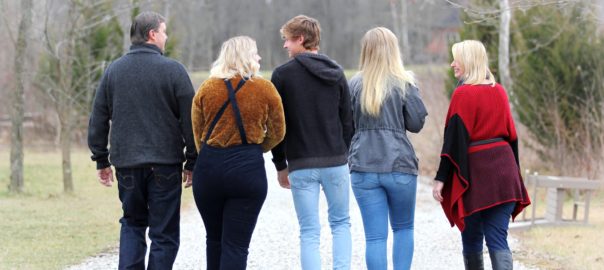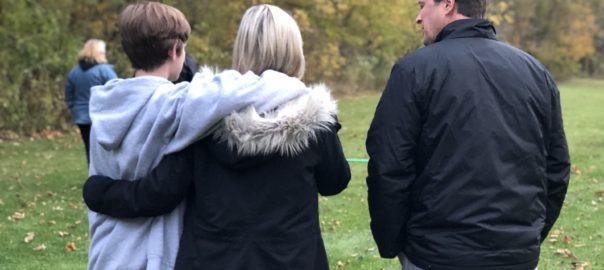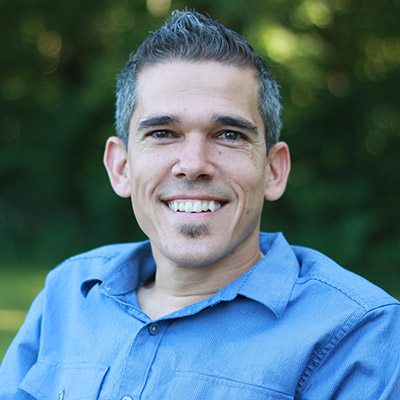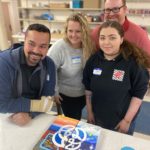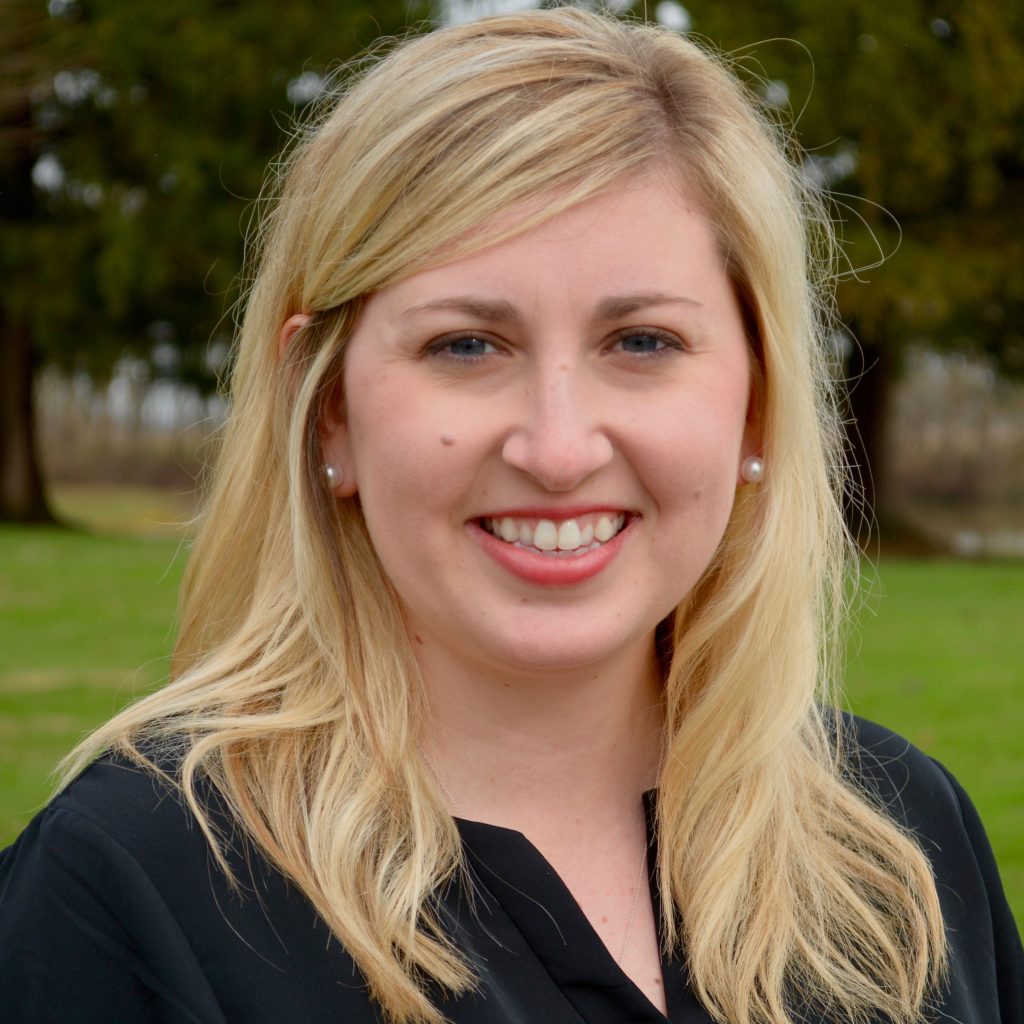Every time I teach on the Reality element of our Growth Model at Compass Rose, I’m reminded of how important and applicable it is. Whether you’re a teen girl in treatment, a parent, or anyone else, you are no doubt daily confronted with the opportunity to grieve losses, rebound from failure, or hold both the “good” and the “bad” in life. We define the Reality component of our Growth Model as “the ability to hold onto and pursue your ideals while accepting, forgiving, and redeeming the imperfection you encounter in yourself, others, and the world around you.”
During our Parent Weekend sessions this past weekend, we focused on developing the capacity for “integration” of positive and negative realities. We challenged students and parents alike to become aware of the subtle (or perhaps not so subtle!) voice inside that may be telling them that they are not enough. Not pretty enough. Not smart enough. Rich, tall, funny, talented, kind, creative enough. On and on and on it goes. As we identify all of those labels, we begin to see that we are comparing ourselves to an ideal version of ourselves. And when we realize we are not measuring up to the ideal version of ourselves, we retreat, isolate, defend ourselves, or maybe give up entirely.
It’s impossible to maintain strong, healthy relationships with others when we are stuck trying to live up to or maintain some ideal image. Only when we can learn to bring our less-than-ideal selves into safe, caring relationships with others can those “negative” or hurting parts of ourselves receive the nourishment and love they need.
What would it look like for you to let others see and love you in the midst of your failures and imperfections, without having to hide? How might you also provide the space for others to draw close to you in the midst of their own insecurities without feeling judged? To learn more about our Growth Model and how developing the capacity for bonding, boundaries, reality, and competence helps us form and maintain healthy relations, call or e-mail us today.
-Mike Haarer, Vice President & Executive Director of Compass Rose Academy







